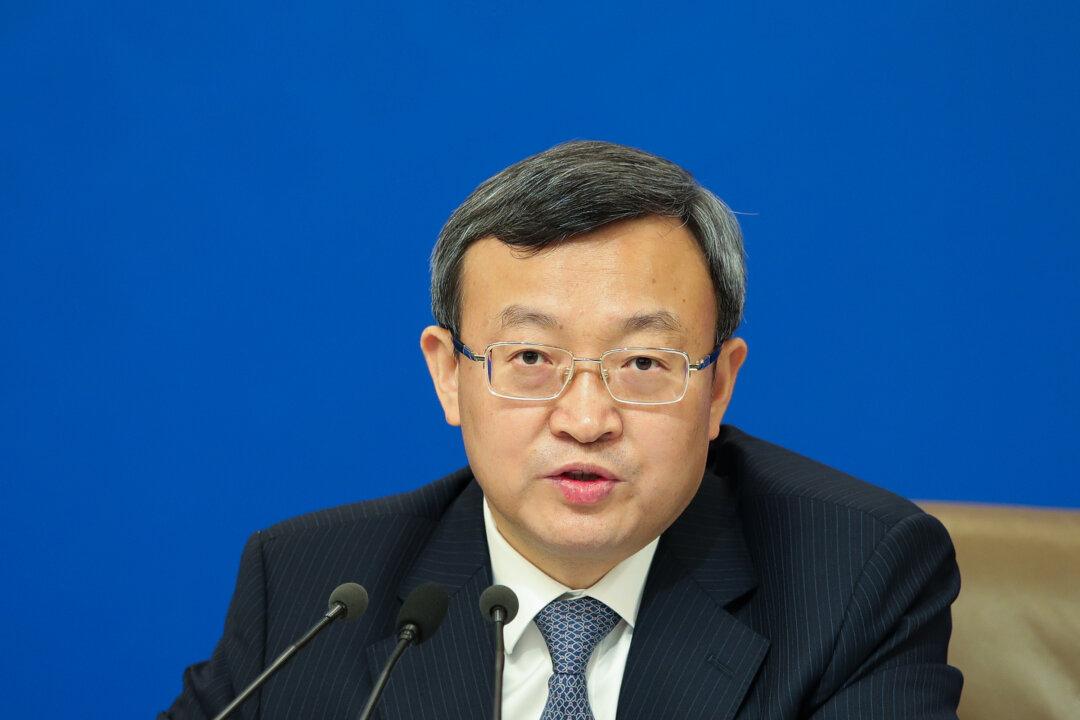BEIJING—China hopes that Beijing and Washington will resolve their trade dispute “with a calm, rational attitude,” Vice Minister of Commerce Wang Shouwen said ahead of talks in two weeks between the two sides.
The United States and China have been locked in an escalating trade war for more than a year. They have levied punitive duties on hundreds of billions of dollars of each other’s goods, roiling financial markets and threatening global growth.





